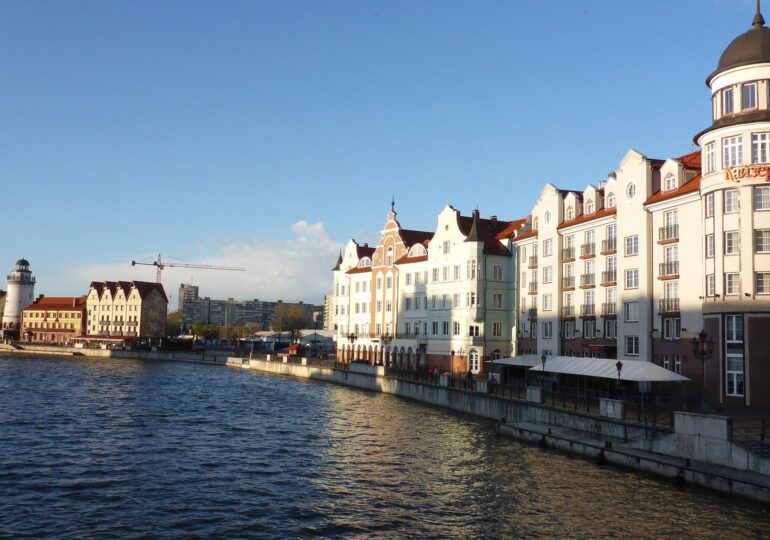NATO forces could quickly conquer the fortified region of Kaliningrad, a Russian enclave located between Poland and Lithuania, if necessary, said General Christopher Donahue, the commander of the U.S. Army in Europe and Africa.
The statement was made during the inaugural LandEuro conference organized by the U.S. Army Association in Wiesbaden, Germany.
"We now have the capability to neutralize Kaliningrad from the ground in a timeframe that has never been heard of before. Faster than we have ever been able to do it," said Donahue, as quoted by Defense News.
NATO's Eastern Flank, a strategic pivot
The statements come in the context of launching an ambitious plan called the "Eastern Flank Deterrence Line," aimed at enhancing NATO's current land capabilities and harmonizing military-industrial interoperability among allies.
"The land domain does not become less important. On the contrary, it becomes essential. (...) We can control the sea from land. We already see all of this in Ukraine," explained the American general.
Kaliningrad, vulnerable between two NATO countries
The Russian region, spanning 15,000 square kilometers, is located on the Baltic Sea, bordered by Lithuania to the north and east and Poland to the south, approximately 1,300 km from Moscow, completely surrounded by NATO territory.
Before World War II, it was the easternmost major city of Germany, known as Königsberg. In 1945, Soviet leader Joseph Stalin, British Prime Minister Winston Churchill, and U.S. President Harry Truman drew the new borders of Europe, and Königsberg was then ceded to the USSR, later renamed in honor of Mikhail Kalinin, a Bolshevik revolutionary. The German population was expelled, and the enclave was repopulated by Soviets.
Considered a strategic fortress of Russia in Europe, the region hosts military bases and medium-range missiles.
However, according to Donahue, the new capabilities of the U.S. military and European partners would allow for the rapid neutralization of this Russian stronghold.
Common, interoperable, and affordable systems
The plan includes developing common launch systems, cloud coordination, and data sharing among NATO countries, with a focus on artificial intelligence.
An example is the Maven Smart System platform developed by Palantir, already adopted by the alliance. It is an artificial intelligence platform that collects vast amounts of data and rapidly analyzes information to assist military commanders in decision-making.
"We want all systems to be human-operable – meaning they can operate either piloted or autonomously. And we want all NATO countries to be able to use the same launchers, regardless of ammunition," Donahue stated.
At the same time, the American general emphasized that these systems need to be efficient and affordable. "As a general rule, what you shoot must be cheaper than the target. Otherwise, you lose economically before winning militarily," he said.
A clear message to the industry: "Speed matters"
Donahue delivered a direct warning to defense companies: "I have sent you a clear signal – everything you produce must be interoperable. Have an open API (Application Programming Interface). Cost less. The speed at which you deliver matters."
According to him, the U.S. is reforming its foreign military sales procedure to accelerate deliveries, given that the Russian threat demands rapid and coordinated responses.
"We have planned. We have developed. We have everything we need to deter and, if necessary, act decisively. From the ground."

